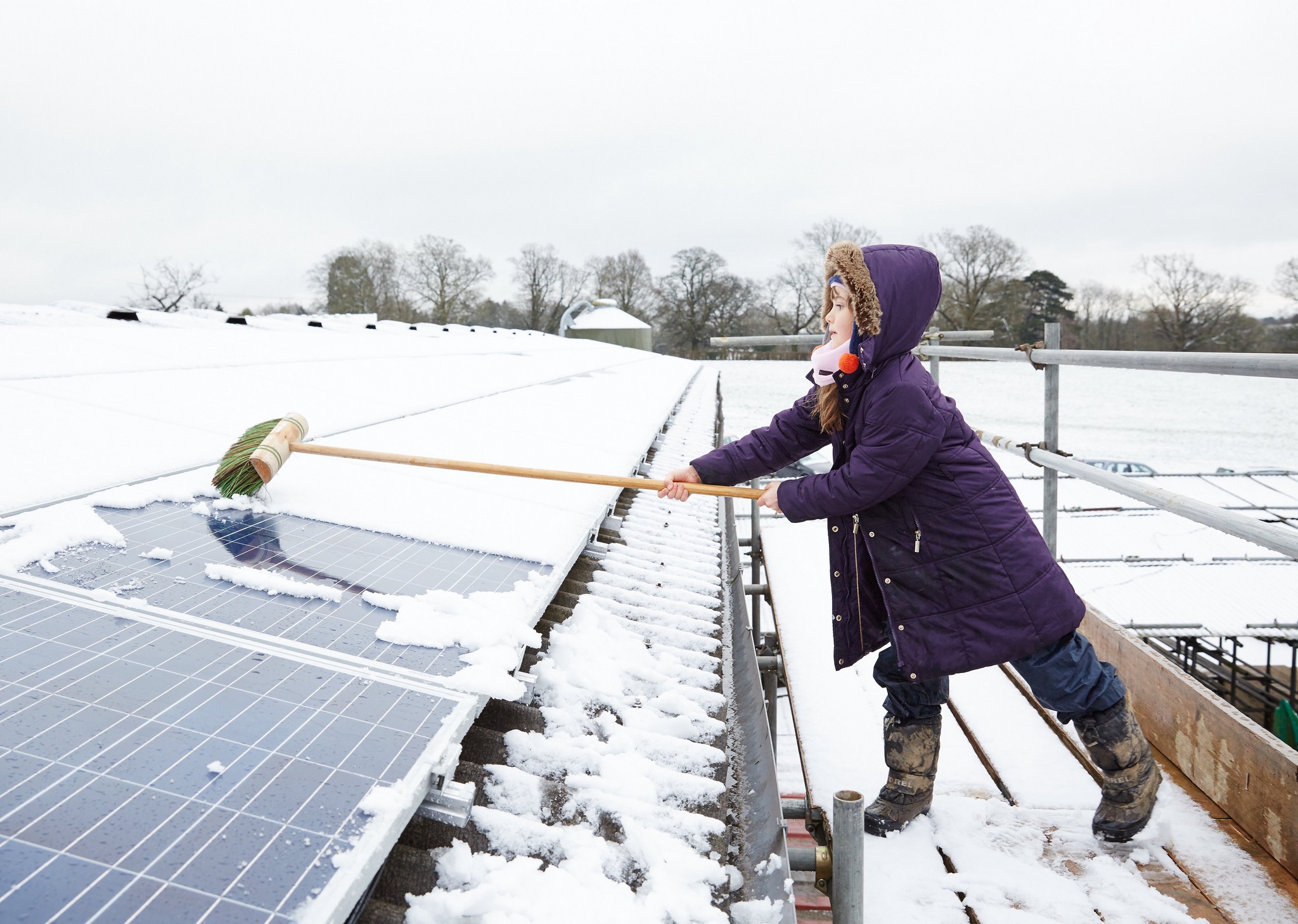
I have noticed, in the past few months, a shift in the climate change conversation. There is no single conversation, of course; I listen to the way scientists talk about it, the way journalists talk about it, the way my friends–including some journalists and some scientists–talk about it. I hear off-hand comments in my daily life in New York City, most of which is conducted no more than a few blocks from New York Harbor; six years on from Sandy, washed-out street corners and subway entrances after heavy rains remind us of what we lost, and what we will lose again. I hear less of it when I’m back in my hometown, four hours north, where the weather has always been abysmal; climate change trickles down, through gas and food prices, but the winters are still frigid, ice and snow from October to May.
At the end of the summer, I wrote about my peers’ frustration with the media’s silence on climate change. The shift, in the intervening months, can be best summarized as, “If you clowns won’t talk about this, I will do it myself.” I spot it in culture articles, in news stories that have nothing to do with science or the natural world, offhand references that, with my editorial hat on, I’d flag as non-sequiturs–except they aren’t, because this is happening all around us, at all times. It’s often tossed in with an air of desperation, towards the end–”Of course, none of this matters, if we can’t slow climate change.” It’s a phrase that sits, not quite at the back of my mind, but somewhere farther up, a low steady pulse, as we commission and edit articles about the future.
I’m in awe of the generation after mine, the children and teens currently suing the U.S. government for climate change inaction, or 15-year-old climate activist Greta Thunberg, who told a room full of adults at the climate summit in Poland this past week, “Since our leaders are behaving like children, we will have to take the responsibility they should have taken long ago.” In perhaps the ultimate “none of this matters if we can’t slow climate change,” Thunberg urged fellow students to protest by saying, “You don’t have to school strike, it’s your own choice. But why should we be studying for a future that soon may be no more? This is more important than school, I think.”
But, the logic goes, ordinary adults have have bills to pay; worrying about climate change is a luxury you can’t afford when you’re worrying about your job. This conversation is different in other parts of the world, though shades of the “caring about climate change is elitist” narrative have stretched across the Atlantic. A majority of Americans, for the record, do believe climate change exists these days–two thirds, which is kind of sad, but still–though fewer than half believe it will seriously affect them in their lifetimes. (If you read the full linked poll, you’ll see that stark partisan divide that I’d argue leads to the impression that even more Americans are doubtful about the warming planet–in an effort to appease “both sides,” mainstream media outlets boost the voices of the doubters, the skeptics, the people who start conversations to argue against something nearly all scientists agree on with, “I’m not a scientist, but”¦”)
I’m a millennial, on the old end of the generational spectrum, and my peers and I have the proverbial jobs, mortgages, and kids (or rather, unstable contract work with no benefits, rent more than half our salary, and long-term birth control methods because, hey, unstable contract work, amirite). We have a sort of resignation that the generation coming up after us lacks: as the desperate climate-change non-sequiturs increase, so too does the rhetoric about individual choice, conflations of greenwashing with basic calls for civic engagement, the idea that nothing we do matters, when big corporations are responsible for all the emissions, all the pollution, all the harm. Never mind that people are suing those big polluters; never mind that last month’s Congressional election flipped the House back towards the party that isn’t actively denying basic scientific claims. The earth is hurtling towards doom, spurred on those unbreakable corporate structures that got us into this mess, and nothing we can do can stop it.
I complain about the people who say things like this, but I think these things, too. Sometimes the only way to stop these thoughts is to ask small, centering questions of myself: How does a person live on this warming planet, at the end of 2018? I try not to get too deep into what will we face in 2050–there’s no way for me to rationally process that, without switching registers, to my speculative fiction faculties. How do I live today, knowing that the harbor will rise, but seeing the water level today, the same as it was yesterday, as I ferry from island to island?
For me, the term “mass extinction” somehow ventures into abstraction; I can only think of it with a big bang, as if that asteroid hit the dinosaurs and boom, instant destruction. It’s the same way it’s easier to imagine a man-made moment of instant destruction, the shadow under which my parents’ generation was raised; it’s also why climate disaster movies must begin with scientists in some remote outpost, pulling their hair and saying, “Our calculations were wrong–this is all happening so fast!” How do our minds process the slow destruction of a planet?
I recently learned a name scientists use for the mass extinction 252 million years ago, when two-thirds of terrestrial life and 96 percent of marine life vanished from the earth: “the great dying.” It’s poetic enough that it makes me question the hard line people draw between science and the humanities. But there’s something in the frame of speech: it’s not a noun, but a verb, in the present continuous tense. Like “global warming,” it shows action over time, rather than an event that has happened, or will definitely happen in the future. Unlike “global warming,” it centers the creatures living on earth, rather than the earth itself. To me, “rapid warming” and “mass extinction event” are easy enough to understand, but “the great dying” makes me think of suffering, fast and slow, creatures trying to adapt and failing, possibly over hundreds of years.
How does a person live, during the great dying? Not exactly a framing that’s going to make anyone feel more hopeful, but maybe one that makes it less abstract, less “‘1.5 degrees over pre-industrial levels,’ less one-asteroid-and-they-were-gone. “The past holds the key to the future,” said Pamela Grothe, a paleoclimate scientist who was part of the research that recently pinpointed the cause of the great dying, a spike in greenhouse gas emissions. For scientists, it’s a way to frame the destruction–”Look, look what happened to all this life.” For the rest of us, it’s essentially the same thing.
No 252 million-year-old creature was writing essays about their rapidly warming planet; they were paying the bills, as it were, just trying to survive. But for us, survival isn’t going to be just food and shelter; we need to find ways to grapple with–and talk about–this slow decline. We should sue the hell out of the governments and the corporations, and elect leaders who actually want to take action, and don’t pit climate change against “the concerns of ordinary citizens,” because this concerns all of us, and will affect the poorest people first, and hardest. But while we struggle with action, we need to simultaneously work our way through thought. Even if this world is dying, we are still living in it.

How We Get To Next was a magazine that explored the future of science, technology, and culture from 2014 to 2019. This article is part of our Nature & Climate section, which looks at how human activity is changing the planet–for better or worse. Click the logo to read more.

